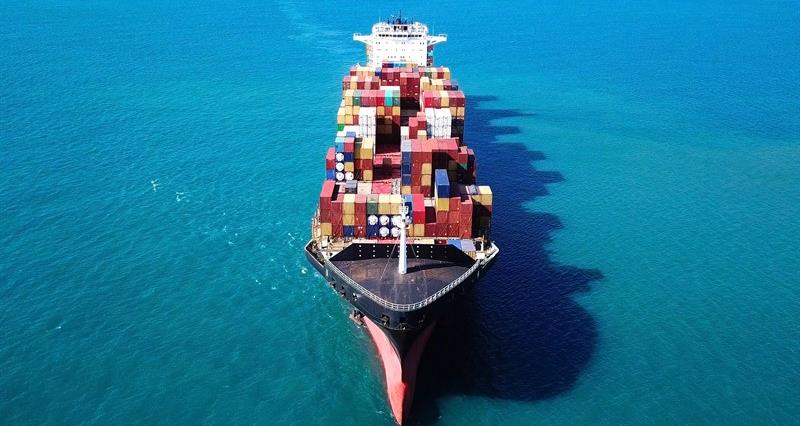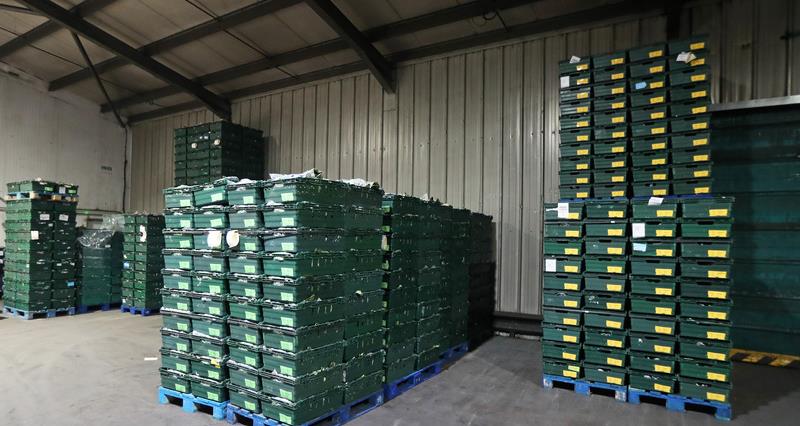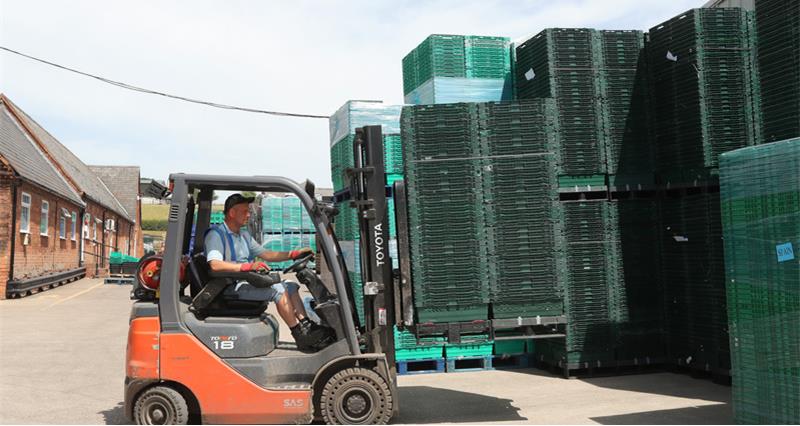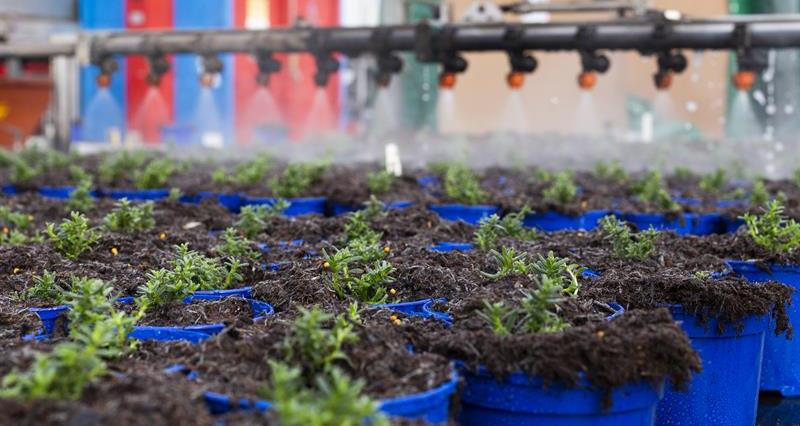Three years after the introduction of full controls on UK exports into the EU, Ministers said that the first stage of the UK’s own border operations model would begin in January 2024, rather than this October following the publication of its .
The full regime will be introduced during the course of 2024, with SPS (sanitary and phytosanitary) checks on medium-risk food, animal and plant products from the EU now not coming into force until 30 April and checks for live animals from the EU due to start in late 2024.
Level playing field?
NFU President Minette Batters said: “For the past three years, our farmers have faced the full reach of EU controls on our exports while the EU has enjoyed continued easy access to the UK marketplace.
“This is not just an issue for competitiveness, with British farmers faced with additional costs and paperwork, but also for our nation’s biosecurity.
“It’s hugely frustrating for many producers that the government has yet again delayed the implementation of vital checks on goods entering from the EU. Proportionate and effective controls are necessary if we are to prevent outbreaks of pests and diseases that threaten human, animal and plant health, the safety, quality and biosecurity of our food products and the confidence of our trading partners.”
Minette said the NFU would review the detail of the announcement, adding that it was “vital the government uses the delay to raise awareness among EU exporters and to address concerns expressed by many in the supply chain,” including specific issues in the horticulture sector.
“It is vital that the government uses the delay wisely to raise awareness among EU exporters and to address the concerns expressed by many in the supply chain.”
NFU President Minette Batters
Most UK farm sectors see the introduction of checks as a vital part of levelling up the trade playing field. However, in horticulture the border operations model will shift checks away from business premises to border control posts, with the potential for increased costs and plant handling and biosecurity concerns, unless growers seek a special ‘control point’ status.
“This time should also be used to minimise unnecessary delays at the border once the new system is finally up and running,” Minette added.
Any hold ups at BCP (Border Control Point) facilities to both edible produce and plant material, will risk rendering the produce unsellable.
Read our deep dive on concerns raised by the NFU at: The Border Target Operating Model – NFU response
Border checks – why do we need them?
Controls on plant and animal products imported into Great Britain are important to detect pests and diseases.
Threats do not respect international borders. A breakdown in biosecurity is one of the most serious risks we face as a nation.
The government has recently flagged diseases such as ASF (African Swine Fever) and Foot and Mouth Disease as amongst the most serious risks the UK faces. These are not just domestic threats – outbreaks affect our ability to export.
The UK government estimate that an outbreak of ASF would cost £570 million per annum, the majority being in exports.
The UK exports over £9 billion of animal and plant products each year which rely on the UK’s biological security reputation, so it is imperative we maintain capacity and capabilities at the border.
More information on risks identified by the UK government can be found at:
As we no longer have access to EU surveillance and reporting system, the need for alternatives increases over time. Threats are imminent. Since October 2022, targeted operations have repeatedly found pork imports totalling several tonnes from a number of EU countries where ASF is widespread. Requirement for an EHC (Export Health Certificate) would prevent this.
What's the cost to businesses?
Controls do have a cost, and the government has announced that it will take a proportionate approach to minimising the risks.
The estimated impact of the Border Target Operating Model on headline inflation is expected to be minor, standing at less than 0.2% across three years.
The government is proposing to use a trusted trader approach to imports to reduce controls further and plans to move towards electronic phytosanitary certificates for regulated plants and plant produces to keep costs down and speed up the process as well as reducing fraud.




